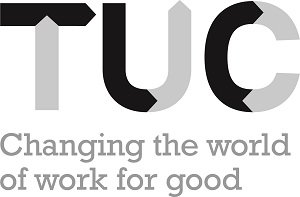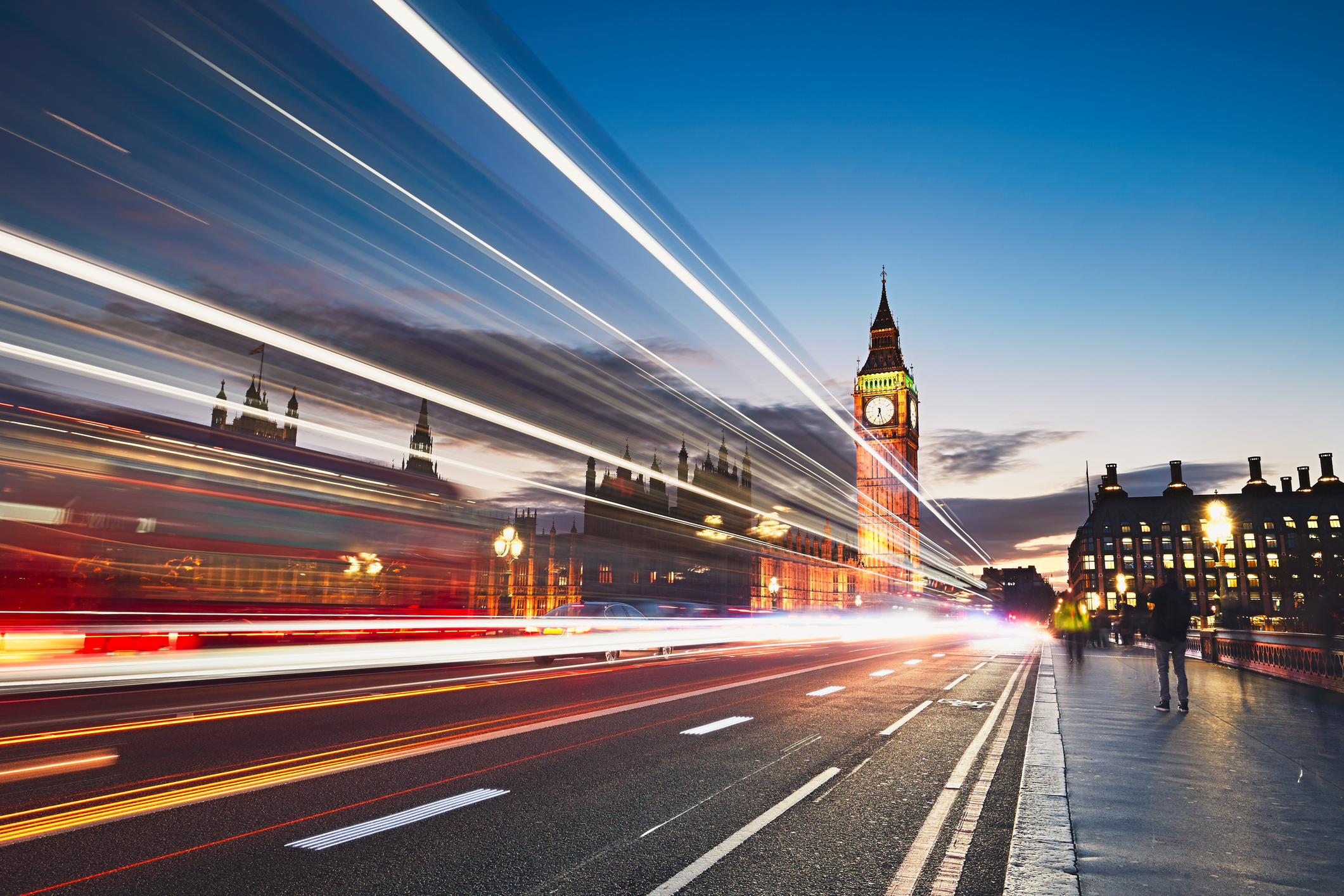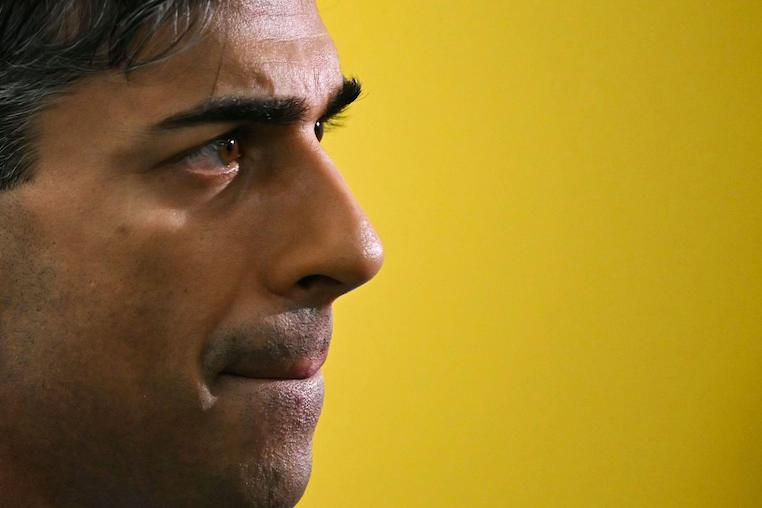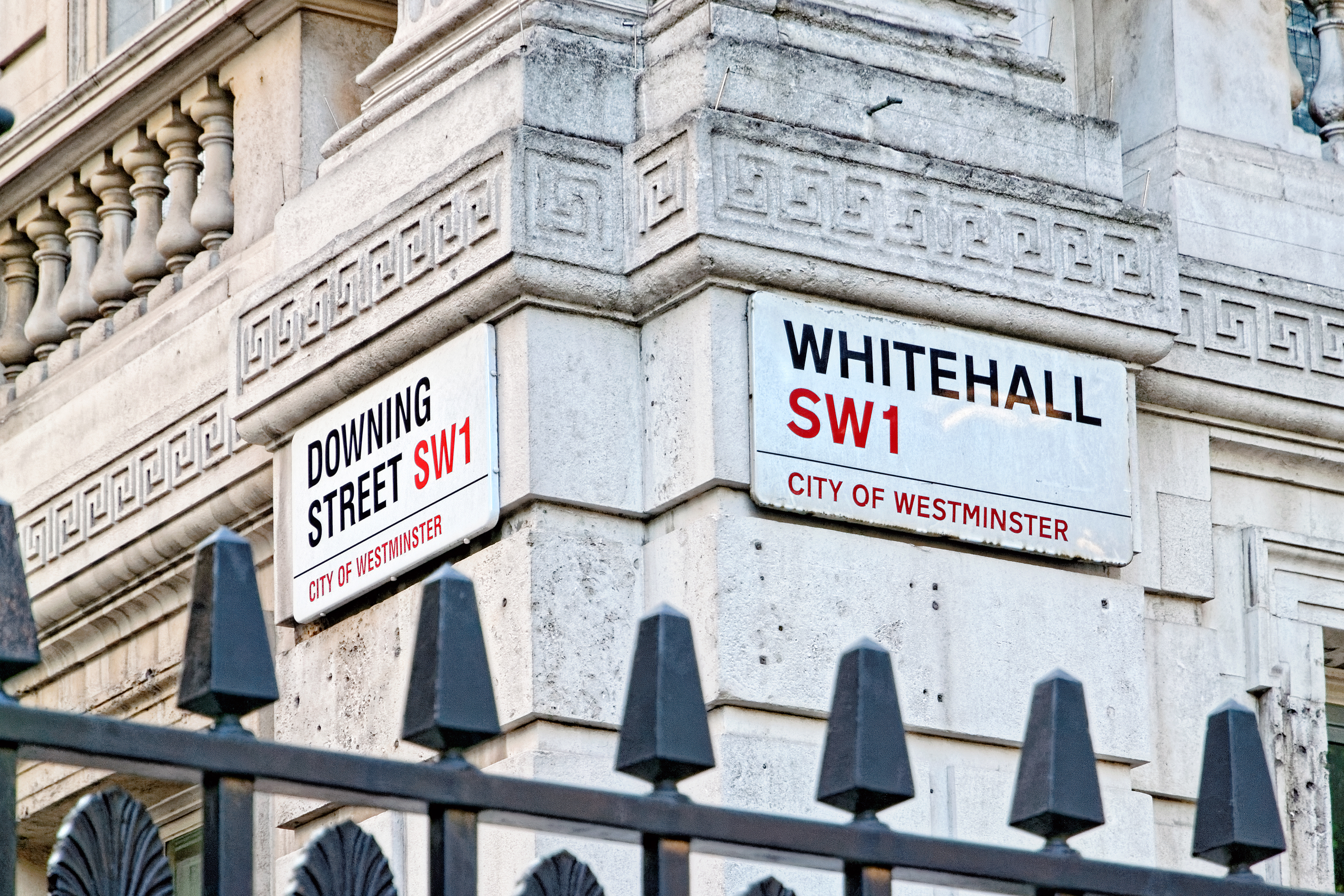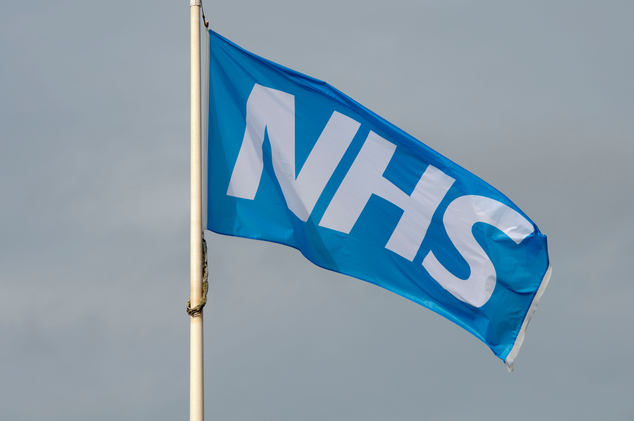Alex Salmond has been a mainstay of Scottish politics for the best part of 35 years. Through his many roles, Salmond masterminded the Scottish National Party’s gradual dominance of Scottish politics.
Salmond joined the SNP as a 20-year-old in 1974. Five years later, at the 1979 General Election, the SNP returned only 2 seats. Twenty five years later, with Salmond in charge, the SNP would go on to win successive elections at Holyrood and pressure the UK government into allowing a 2014 ‘yes/no’ referendum on Scottish independence.
Having left the SNP, in March 2021, Salmond launched a new pro-independence Party, Alba. However the party polled just 2% of the vote on the regional list in the 2021 Scottish Parliament elections.
As the leader of Alba, Salmond has become a fierce critic of the SNP and its leader Humza Yousaf. In December 2023, the Alba Party leader said Scotland had endured a ‘decade of drift’ under the SNP, which he said had ‘dithered and delayed forging ahead to independence’.
In November 2023, Alex Salmond announced he was launching fresh legal action against the Scottish government over its botched handling of sexual harassment complaints against him.
Salmond said that “with this court action, that evasion of responsibility ends”, saying that “the day of reckoning” for the Scottish government “will inevitably come”.
Salmond was separately acquitted of 14 charges of sexual assault following a criminal trial in Edinburgh in March 2020.
The former SNP leader’s supporters have claimed that the charges resulted from a conspiracy driven by figures close to his successor as first minister, Nicola Sturgeon.
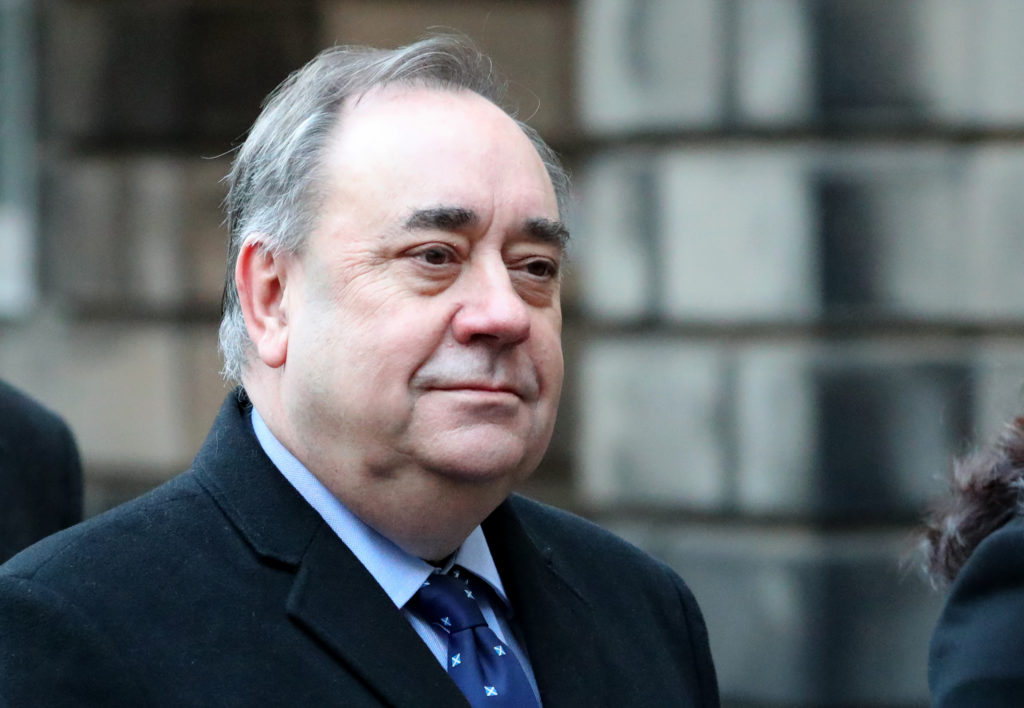
‘s Political Career
began his political career as a spokesperson for the 79 Group, a Republican faction in the SNP aspiring towards an independent Scottish Socialist Republic. Far too extreme for the SNP of the 1980s, Salmond and his ’79 Group’ comrades were expelled from the national party. But Salmond quickly returned to the fold, and even won the seat of Banff and Buchan in the 1987 for the SNP.
In 1990, with Salmond increasingly noted as an electoral asset among working-class voters, he decided to stand for the party leadership and won.
Throughout the 1990s, Salmond constructed the SNP in his image; he created a modern, social democratic, nationalist party. Salmond stood down as in 2000 following fall-outs with other party figures, but he would eventually take over again in 2004, with as his Deputy.
The Salmond led SNP powered to victory in the 2007 . In this , Salmond stood for the Scottish Parliamentary seat of Gordon, believed to be only the 18th most-winnable seat for the party. Salmond won with a margin of 6 percentage points. As the of the largest party at Holyrood, and with the help of the , Salmond became Scotland’s First , ending eight years of Labour rule. For this, he won the Spectator’s Parliamentarian of the Year award.
Salmond’s profile was cemented Britain-wide with the 2014 . To this day, remains Salmond’s life goal and in 2014, he came close to clinching it. Like Salmond’s previous political efforts, the campaign centred around himself and he was said to have dominated Alistair Darling of the Unionist side in the 2014 ‘Scotland Decides’ debate. However, following the 55% ‘No’ result in the referendum, Salmond resigned as Scottish First . His long assumed heir apparent, , took his place.
and
In 1990, Sturgeon met her mentor, , during his campaign for the party leadership of that year. Salmond describing Sturgeon at that time said, ‘she was a precocious teenage prodigy as part of my campaign, bubbling with vitality and talent’.
Sturgeon herself has said that Salmond ‘believed in me, long before I believed in myself’. Sturgeon’s husband, Peter Murrell (himself later the SNP Chief Executive), also previously worked in Salmond’s constituency office.
From 2007 to 2014, Salmond and Sturgeon led Scotland together as First and , respectively.
In 2019, was arrested and charged with sexual assault and attempted rape for allegations that were said to have occurred during his time serving as Scotland’s First Minster. In March 2020, Salmond was acquitted of all charges at trial.
himself resigned from the SNP in 2018. In the wake of the allegations emerging, the Sturgeon-Salmond duopoly that had dominated Scottish politics for a decade, ended.
This eventually manifested itself in the controversial (the Salmond inquiry) overseen by a committee. It has been reported that the Sturgeon and Salmond haven’t spoken since 2018.
After the publication of the Salmond inquiry report, in March 2021, announced a return to frontline politics, with the launch of a new Pro Party, ALBA. The Party fielded candidates on the party list system in the 2021 elections, with himself standing for the party in North East Scotland.
However his plans for a political comeback appeared to have failed spectacularly. Polling just 2.3% of the vote, fell well short of the level needed for him to win a regional seat at Holyrood. Once the in the , Salmond now appeared to have lost his relationship with .
also announced plans to bring legal action in the Court of Session over the conduct of the ‘s top civil servant. Salmond argued that Permanent Secretary, Leslie Evans, had failed to take responsibility for the botched of harassment against him.
– Early Political Views
As a leading member of the ’79 group from 1979-1982, Salmond marked himself out as on the left of the SNP. In 1982, Salmond gave a speech to the SNP conference arguing that to ditch the general disobedience ‘Scottish resistance’ policy (adopted in 1981) would encourage ‘a defeatist and cringing mentality’.
Later that month, wrote to The Scotsman, that, ‘Only a party willing to call for civil disobedience, primarily through organized labour, will be able to effectively back a democratic Scottish majority for a parliament’. Because of this radicalism, Salmond was expelled by the SNP in 1982.
– Career before politics
Alex attended Linlithgow Academy before studying at St Andrew’s University, where he graduated with a joint honours MA in Economics and History.
joined the Government Economic Service as an Assistant Economist in the Department of Agriculture and Fisheries for Scotland in 1978.
In 1980 he joined the Royal Bank of Scotland where he worked for seven years, first as an Assistant Economist and then as an Oil Economist.
He has also served as a visiting professor of economics at Strathclyde University.
‘s wife
Salmond is known for living a very private private-life. In 1981, he became married to Moira Salmond, the daughter of an auto mechanic who is 17-years older than him. The couple have no children, and live in Strichen in Aberdeenshire.
– Things you may not know
Salmond joined the SNP after a row with his then girlfriend
In an argument about Labour’s commitment to Scotland in 1973, Salmond’s then-girlfriend reportedly shouted, ‘If you feel like that, go join the bloody SNP!’. Salmond took his girlfriend’s advice.
He is a racing tipster
Salmond is known to enjoy horse racing and in the past has even appeared as a pundit on Channel 4’s ‘The Morning Line’ programme. He also enjoys golf, and supports Heart of Midlothian.
He was banned from the Commons for a week
In 1988 he was issued with a week-long Commons ban after interrupting the Chancellor’s Budget speech in protest at the introduction of the poll tax in Scotland.
Social Media
Twitter – @AlexSalmond

